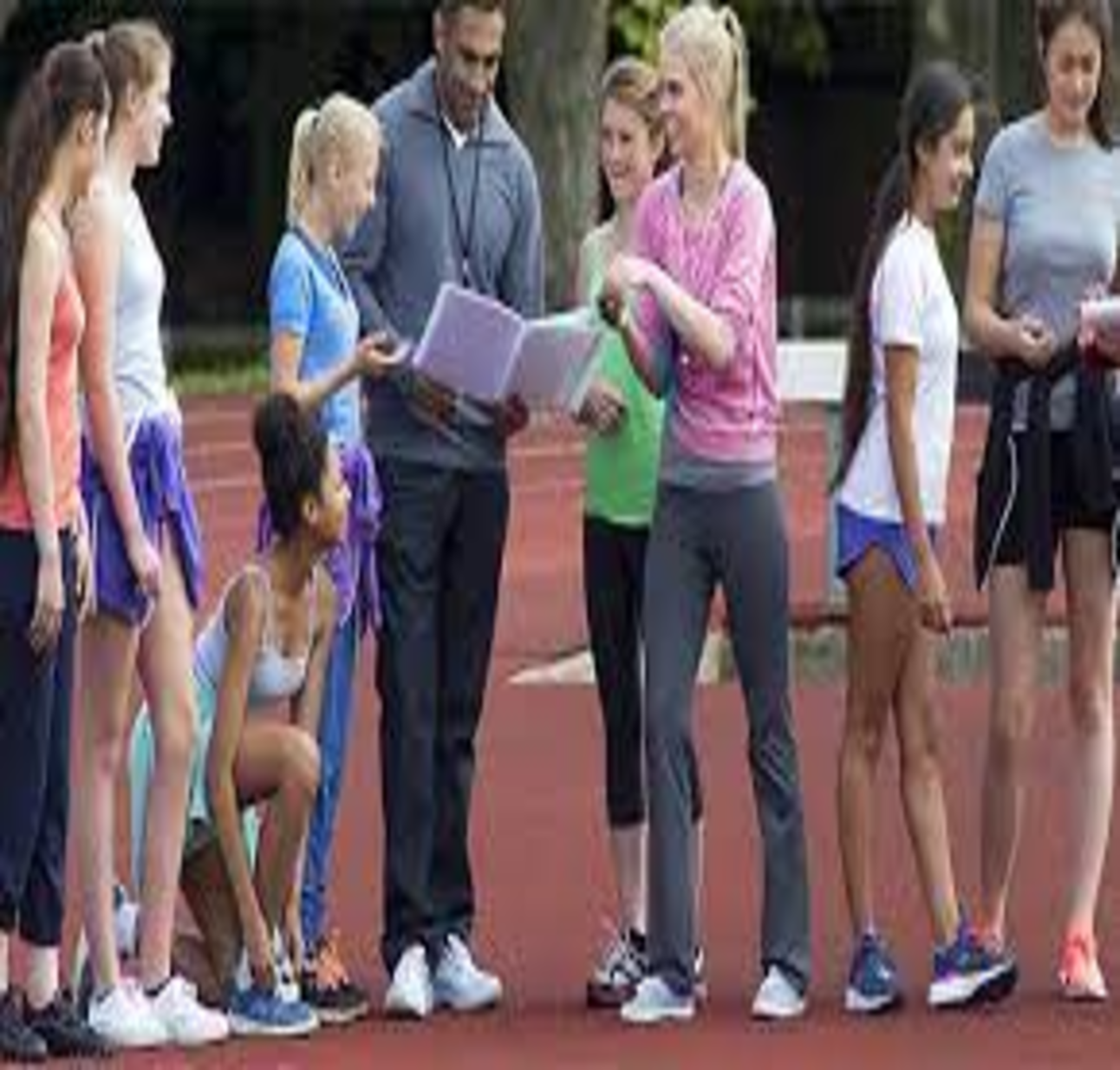Trends of Physical Education Teachers' Motivation in Performing Teaching Assignments
DOI:
https://doi.org/10.31949/respecs.v5i1.4244Abstract
Education has an important role in improving the quality of human resources in Indonesia. This educational activity must be carried out continuously in order to produce quality human beings and have reliable abilities in order to face increasingly fierce competition in the future. The aim of the research is to find out the teacher's motivation which has not been maximized, especially in terms of student learning at the elementary school education level, which is suspected to still not meet good service and quality standards. The method used is descriptive method with a quantitative approach, the population in this study were physical education teachers in Sukahaji District, Majalengka Regency, totaling 25 people. The sample used in this study was physical education teachers who had an undergraduate degree totaling 15 teachers. From the results of data analysis, it was found that the physical education teacher's motivation variable was 79.1333 with a standard deviation of 9.97043. The teaching ability variable obtained a mean of 69.000 with a standard deviation of 7.54037. The regression equation line Y = 15.779 +0.673. These results indicate that it can be interpreted that if the motivation of physical education teachers is good or increases, their teaching abilities will be good or increase as well
Keywords:
Motivation, Teacher, Physical EducationDownloads
References
Akareem, H. S., & Hossain, S. S. (2016). Determinants of education quality: what makes students’ perception different? Open Review of Educational Research, 3(1), 52–67. https://doi.org/10.1080/23265507.2016.1155167
Basikin. (2020). English teachers’ motivation for a professional development program: Perspectives of Self-Determination Theory. Indonesian Journal of Applied Linguistics, 10(1), 36–45. https://doi.org/10.17509/IJAL.V10I1.24982
DeCuir–Gunby, J. T. (2011). Mixed Methods Research in the Social Sciences. Best Practices in Quantitative Methods, 125–136. https://doi.org/10.4135/9781412995627.d11
Efimova, G. Z., Sorokin, A. N., & Gribovskiy, M. V. (2021). Ideal teacher of higher school: Personal qualities and socio-professional competencies. Obrazovanie i Nauka, 23(1), 202–230. https://doi.org/10.17853/1994-5639-2021-1-202-230
Guo, L., Huang, J., & Zhang, Y. (2019). (Guo et al, 2019). Sustainability (Switzerland), 11(13).
Huang, Y., An, L., Liu, L., Zhuo, Z., & Wang, P. (2020). Exploring Factors Link to Teachers’ Competencies in Entrepreneurship Education. Frontiers in Psychology, 11(November), 1–9. https://doi.org/10.3389/fpsyg.2020.563381
Hyseni Duraku, Z., & Hoxha, L. (2021). Impact of Transformational and Transactional Attributes of School Principal Leadership on Teachers’ Motivation for Work. Frontiers in Education, 6(June), 1–9. https://doi.org/10.3389/feduc.2021.659919
Indrayogi, I., Nurhayati, M., & Fauzi, R. S. (2021). Physical Fitness and Attention Level of Elementary School Students. Malaysian Journal of Medicine and Health Sciences, 17(5), 142–145.
Kong, F. (2020). Evaluation model of adaptive teaching ability of college art teachers. International Journal of Emerging Technologies in Learning, 15(9), 143–155. https://doi.org/10.3991/ijet.v15i09.14031
Liu, H. H., Wang, Q., Su, Y. S., & Zhou, L. (2019). Effects of project-based learning on teachers’ information teaching sustainability and ability. Sustainability (Switzerland), 11(20), 1–16. https://doi.org/10.3390/su11205795
Mahat, H., Hashim, M., Saleh, Y., Nayan, N., & Norkhaidi, S. B. (2019). Competencies for form six geography teachers in reaching the malaysian education quality standards. Cakrawala Pendidikan, 38(2), 243–258. https://doi.org/10.21831/cp.v38i2.23228
Nadar, W., Yuni, Y., & Hardiyanto, L. (2021). Peningkatan Kualitas Kompetensi Guru PAUD: Menjadi Guru Profesional. Jurnal Abdimas Prakasa Dakara, 1(1), 38–45. https://doi.org/10.37640/japd.v1i1.945
Rosyada, A., Harapan, E., & Rohana, R. (2021). Pengaruh Kompetensi Pedagogik Guru terhadap Kualitas Pembelajaran Sekolah Menengah Atas di Kota Sekayu, Sumatera Selatan. Jurnal Manajemen Pendidikan: Jurnal Ilmiah Administrasi, Manajemen Dan Kepemimpinan Pendidikan, 3(1), 31–42. https://doi.org/10.21831/jump.v3i1.38295
Rubin, Y. B., & Soboleva, E. Y. (2021). Independence of higher education quality assurance: Criteria, principles, realities. Vysshee Obrazovanie v Rossii, 30(3), 26–42. https://doi.org/10.31992/0869-3617-2021-30-3-26-42
Stukalo, N., & Lytvyn, M. (2021). Towards sustainable development through higher education quality assurance. Education Sciences, 11(11). https://doi.org/10.3390/educsci11110664
Suryana, S. (2020). Permasalahan Mutu Pendidikan Dalam Perspektif Pembangunan Pendidikan. Edukasi, 14(1). https://doi.org/10.15294/edukasi.v14i1.971
Tsabitah, N., & Fitria, N. (2021). Pengaruh Kompetensi Profesional Guruterhadap Kualitas Pembelajaran Di Raudhatul Athfal Tangerang. Jurnal Anak Usia Dini Holistik Integratif (AUDHI), 1(1), 10. https://doi.org/10.36722/jaudhi.v1i1.563
Yalçınkaya, S., Dağlı, G., Aksal, F. A., Gazi, Z. A., & Kalkan, Ü. (2021). The effect of leadership styles and initiative behaviors of school principals on teacher motivation. Sustainability (Switzerland), 13(5), 1–19. https://doi.org/10.3390/su13052711
Yin, D. (2021). Education Quality Assessment in China: What We Learned From Official Reports Released in 2018 and 2019. ECNU Review of Education, 4(2), 396–409. https://doi.org/10.1177/2096531120944522
Zhang, X., Admiraal, W., & Saab, N. (2021). Teachers’ motivation to participate in continuous professional development: relationship with factors at the personal and school level. Journal of Education for Teaching, 47(5), 714–731. https://doi.org/10.1080/02607476.2021.1942804

Published
How to Cite
Issue
Section
License
Copyright (c) 2023 Indrayogi, Davi Sofyan

This work is licensed under a Creative Commons Attribution-ShareAlike 4.0 International License.





.png)
1.png)

